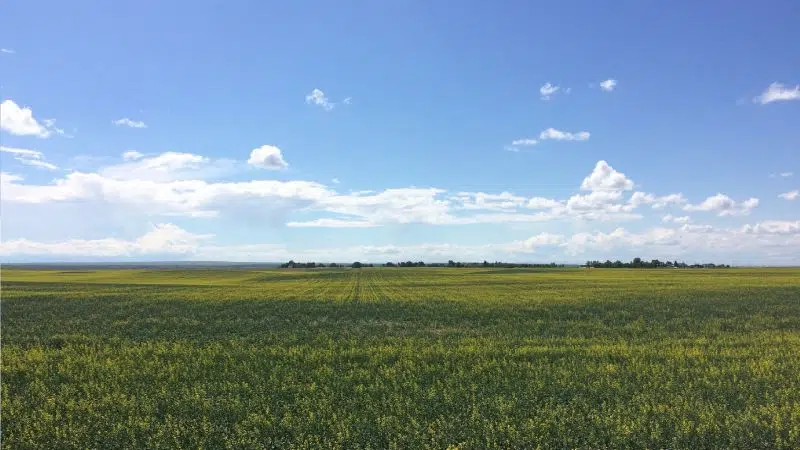
Canola Council of Canada working “very diligently” to resolve China trade dispute
LETHBRIDGE, AB – Relations between Canada and China continue to be strained due to a trade dispute focused on the canola industry.
Last month, China cancelled its export license from two major Canadian grain companies – Richardson International Ltd. and Viterra.
It was later announced by the Canola Council of Canada (CCC) that importers had also stopped buying Canadian canola seed.


